Rhodium Group estimates US GHG fell 2.1% in 2019, driven by coal decline
Green Car Congress
JANUARY 8, 2020
in 2019 based on preliminary energy and economic data. This decline was due almost entirely to a drop in coal consumption. Coal-fired power generation fell by a record 18% year-on-year to its lowest level since 1975. All told, net US GHG emissions ended 2019 slightly higher than at the end of 2016. Coal-driven decline.

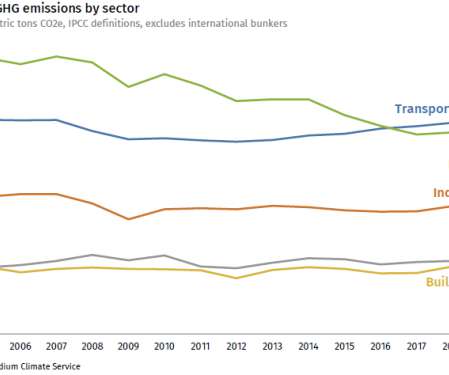

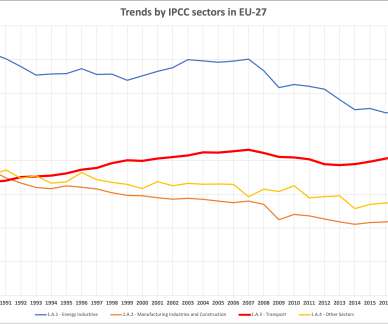




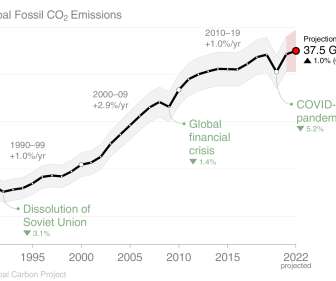
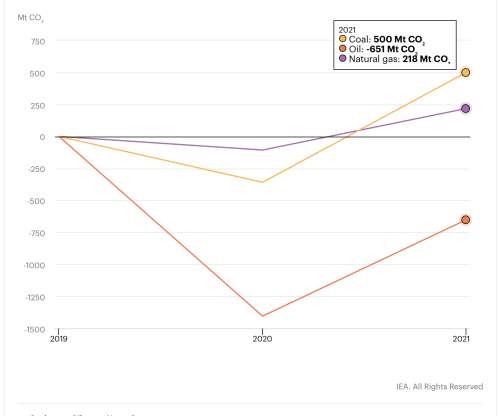




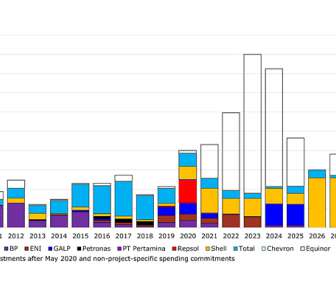



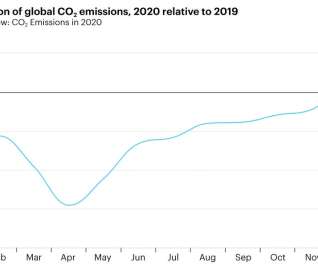

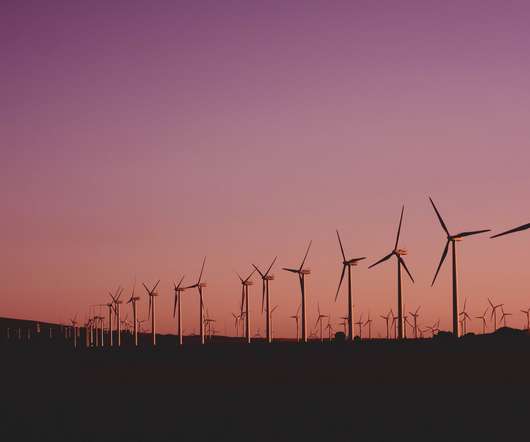

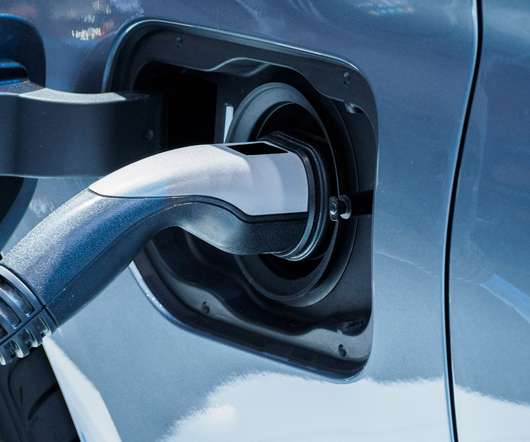







Let's personalize your content